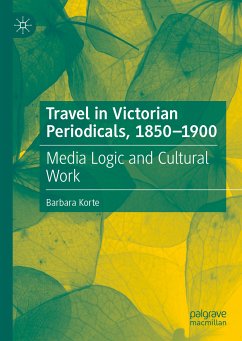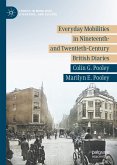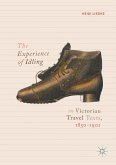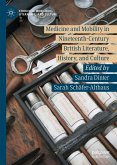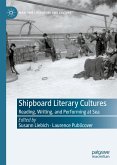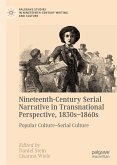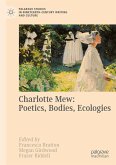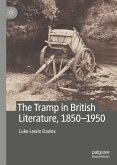This is the first study to explore the connections between the development of travel and the rapid expansion of the periodicals market in the second half of the nineteenth century in Britain. By the 1860s, travel articles had become a staple of the periodicals market and reached readers who might never have travelled far themselves or bought a travel book. This monograph demonstrates that the representation of travel in Victorian periodicals came in forms and with cultural functions that differed from book publication, and that this media-specific representation helped to inscribe travel into the Victorian lifeworld. Based on a corpus of several general-interest periodicals targeted at different audiences, this book investigates how different readers - the family, women, young people and the working classes - engaged with travel. It argues that travel articles in periodicals performed significant cultural work because they accommodated readers to travel. Barbara Korte is Professor of English Literature at the University of Freiburg, Germany, with a special interest in culture and media. She has published widely on travel writing and Victorian periodicals, including
English Travel Writing: From Pilgrimages to Postcolonial Explorations (Palgrave Macmillan, 2000).
Dieser Download kann aus rechtlichen Gründen nur mit Rechnungsadresse in A, B, BG, CY, CZ, D, DK, EW, E, FIN, F, GR, HR, H, IRL, I, LT, L, LR, M, NL, PL, P, R, S, SLO, SK ausgeliefert werden.

